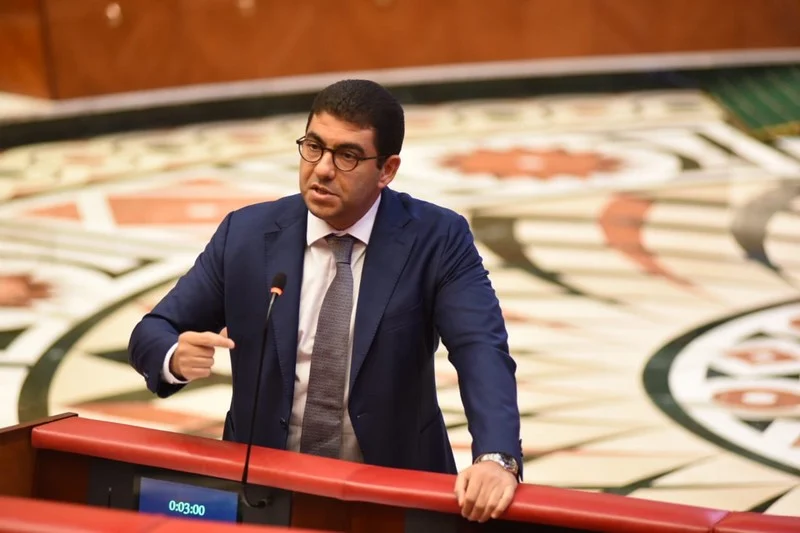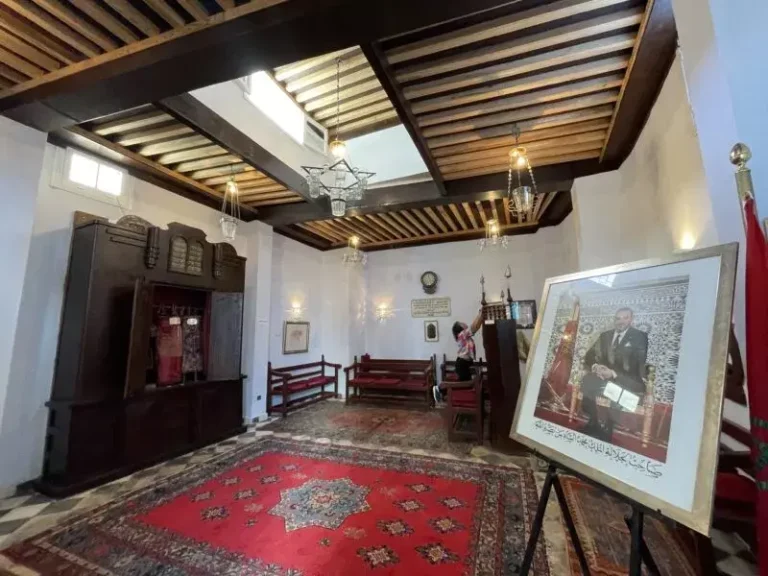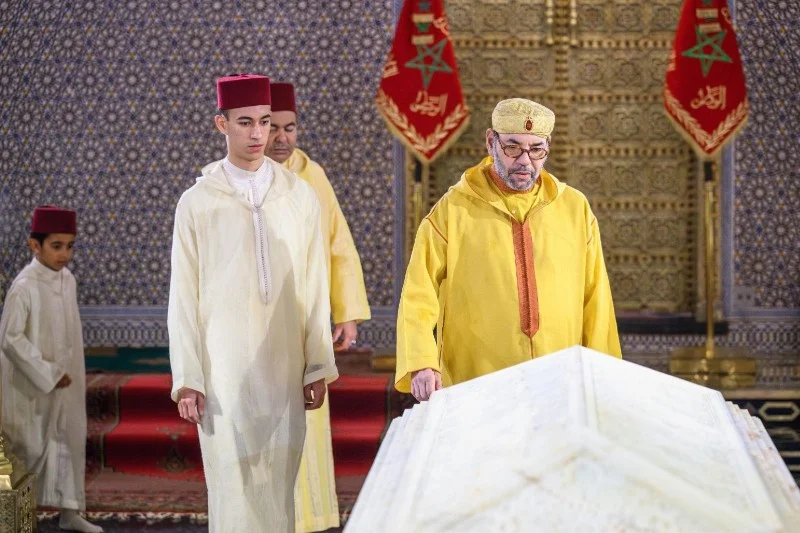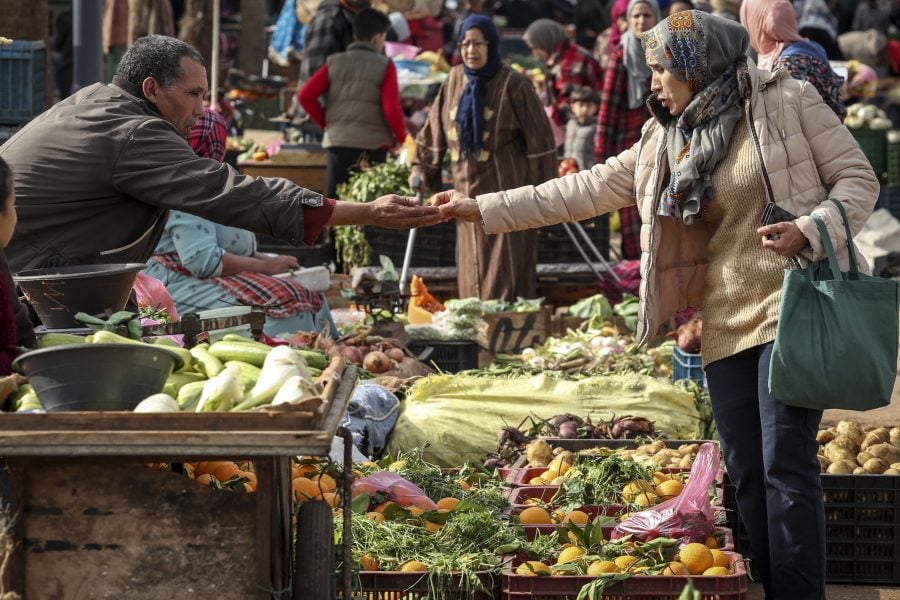On January 6, 2025, Morocco’s Minister of Youth, Culture, and Communication, Mehdi Bensaid, presented the draft law 33.22 on heritage protection during a meeting of the Education, Culture, and Communication Committee in the House of Representatives. The proposed legislation aims to modernize Morocco’s approach to preserving its rich cultural and natural heritage while aligning with international standards.
Key Highlights of the Proposed Law
The draft law outlines comprehensive measures to safeguard Morocco’s tangible and intangible cultural heritage, including archaeological sites, historical buildings, geological formations, and traditional crafts. Among the notable features are:
- Enhanced Legal Framework: The bill updates and consolidates existing legislation, including Law 22.80 on historical and cultural preservation, to include new concepts such as underwater cultural heritage and geodiversity.
- Digitalization of Heritage: A significant emphasis is placed on digitizing national heritage assets to improve accessibility and protection against illicit appropriation.
- Combatting Illicit Trade: The law introduces stricter measures to curb the illegal trafficking of cultural artifacts, emphasizing the importance of preserving national treasures.
- Community Involvement: Provisions encourage partnerships between public and private sectors, emphasizing sustainable development and local capacity building to leverage heritage as an economic and employment driver.
- Stringent Penalties: The law imposes stricter fines and prison terms for violations such as unauthorized excavation, theft, or export of heritage items, with penalties reaching up to five years of imprisonment and fines up to MAD 150,000.
The proposed legislation seeks to align Morocco’s heritage protection efforts with international conventions, including UNESCO agreements on intangible cultural heritage and the protection of underwater cultural assets. It also underscores Morocco’s commitment to safeguarding its identity amidst global cultural appropriation concerns.
During his presentation, Minister Bensaid emphasized the urgency of adopting the bill, citing the kingdom’s recent archaeological discoveries and the upcoming 2030 FIFA World Cup as opportunities to showcase Morocco’s heritage on a global stage. The proposed measures aim to protect historical treasures while enhancing Morocco’s cultural diplomacy.
The draft law now awaits further debate and potential amendments before proceeding to a vote in Parliament. Its adoption is expected to solidify Morocco’s leadership in heritage preservation and promote sustainable cultural tourism.





